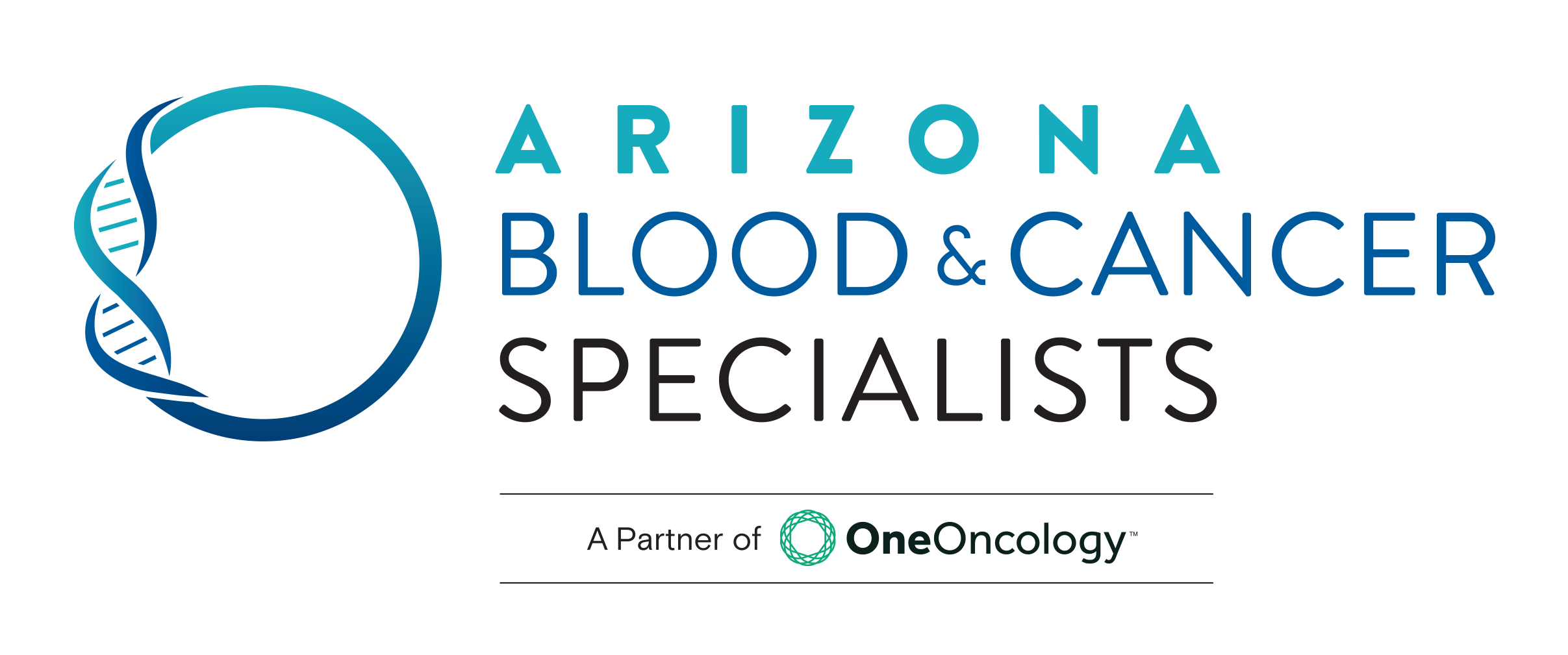Beneficial Diets for Cancer Patients
Maintaining proper nutrition is crucial for staying as healthy as possible during cancer treatment. Chemotherapy and radiation can often lead to reduced appetite and energy, making it essential to nourish your body to keep it strong and resilient. Proper nutrition helps manage these side effects and supports overall well-being throughout your treatment journey.
Focus on High-Calorie, High-Protein Foods
If you're having trouble gaining or maintaining weight during cancer treatment, focusing on high-calorie and high-protein foods can be beneficial. Incorporate nutrient-dense options such as dairy, fish, poultry, eggs, nuts, seeds, and legumes into your diet to help meet your nutritional needs and support your overall health.
Embrace a Plant-Based Diet
A plant-based diet can be highly beneficial for those undergoing cancer treatment. Foods rich in phytonutrients, antioxidants, and fiber support cancer patients by combating chronic diseases, mitigating the side effects of chemotherapy, and aiding in digestion. Opt for colorful, nutrient-dense options like blueberries, carrots, spinach, eggplant, and red grapes to maximize these benefits.
Include Healthy Fats
Cancer patients can benefit from a diet rich in healthy fats, which provide essential omega-3 fatty acids. These fats help reduce inflammation and support cardiovascular health, proving beneficial during treatment. Good sources include fatty fish, flaxseeds, chia seeds, and walnuts.
Choose Healthy Carbohydrates
Healthy carbohydrates play a crucial role in a balanced diet by supplying the energy our cells need. Choosing minimally processed carbohydrates, such as whole grains and oats, supports gut health and provides essential dietary fiber.
Ensure Adequate Vitamins and Minerals
Ensuring you get enough vitamins and minerals is vital for maintaining strength and health, especially during treatment. However, it's important to consult your doctor about which vitamins are safe to take, as some can interfere with treatment while others may enhance its effectiveness. To meet your vitamin and mineral needs, incorporate nutrient-rich foods like milk, yogurt, orange juice, and a variety of fruits and vegetables into your diet.
Foods to Avoid
During cancer treatment, it's best to avoid highly processed foods, red meat, unpasteurized dairy products, raw eggs or meat, fried foods, alcohol, and caffeine. Steering clear of these items can help support your treatment and overall health.


